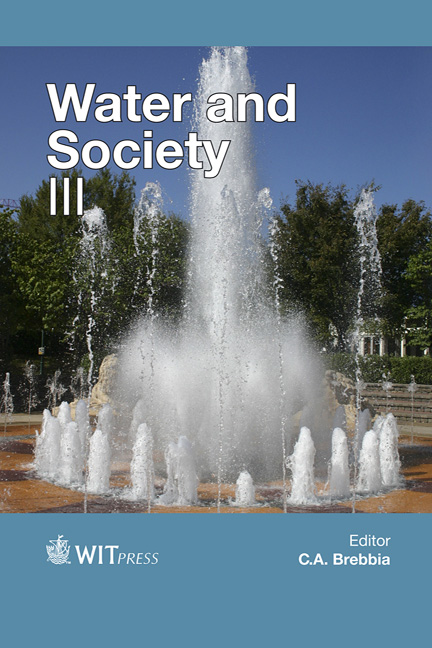Eco-efficiency As An Evaluation Method Of Disproportionate Costs Within The Water Framework Directive
Price
Free (open access)
Transaction
Volume
200
Pages
12
Page Range
55 - 66
Published
2015
Size
482 kb
Paper DOI
10.2495/WS150051
Copyright
WIT Press
Author(s)
S. Geyler, L. Laforet, A. Quadflieg, R. Holländer
Abstract
The European Water Framework Directive (WFD) has set the objective of good ecological and chemical status for all European waters by 2027 at the latest. However, exemptions from good status are allowed in cases where economic/social costs outweigh the benefits of water improvement (disproportionality). Eco-efficiency analysis (EEA) is usually applied to evaluate products and processes. The paper argues that EEA can also be used as a methodical approach to evaluate disproportionality of WFD measures. The approach is applied to a potash and magnesium mine discharging effluents into a German river basin (Werra/Weser). Here, the EEA relates water quality improvement to the economic costs of the measures ranking them according to their eco-efficiency. In doing so, EEA structures information on effectiveness and cost-effectiveness of WFD measures, and provides inputs to evaluate affordability and disproportionality of them.
Keywords
European Water Framework Directive, disproportionality, affordability, eco-efficiency analysis





